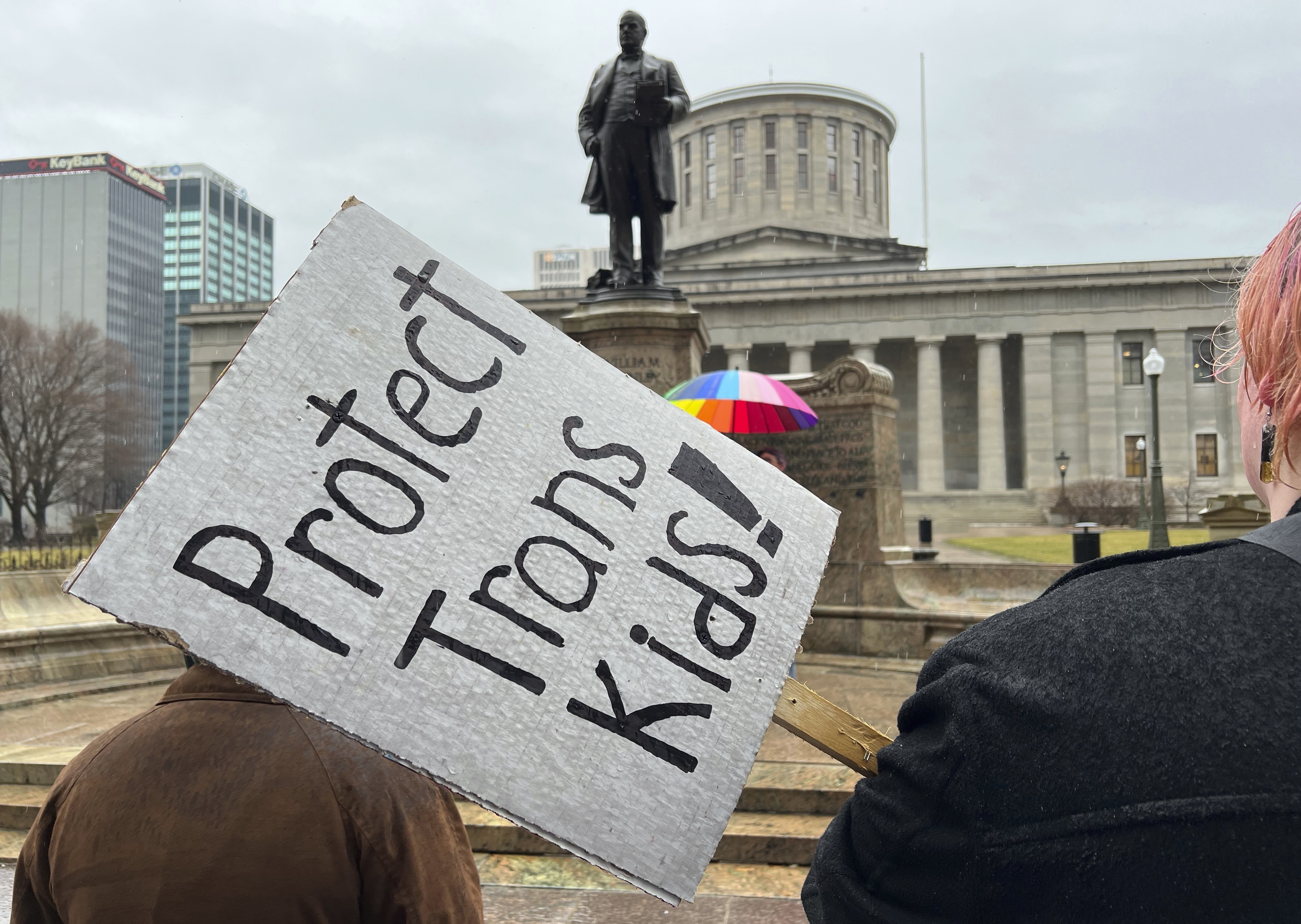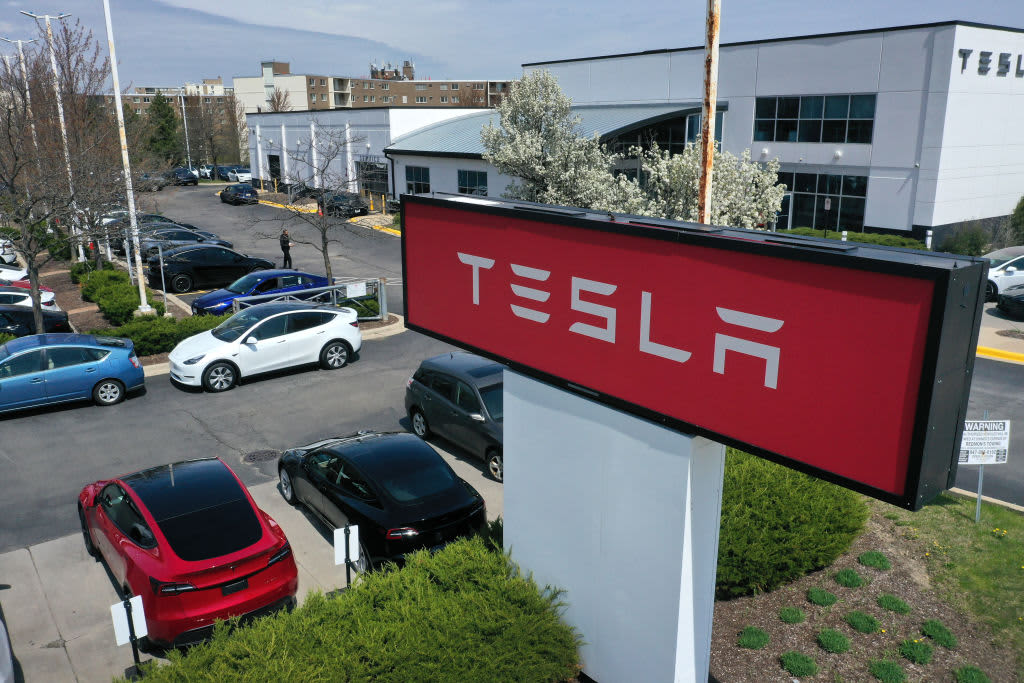Hardly anyone in North Carolina is willing to guess when their excruciatingly close governor's race will be resolved. A Friday deadline came and went with Democratic Attorney General Roy Cooper's unofficial advantage growing to about 6,600 votes over Republican Gov. Pat McCrory, from nearly 4.7 million cast.
McCrory is fighting for his political life in a battleground state that Donald Trump and Republican Sen. Richard Burr won by relatively comfortable margins.
After endless legal battles over how, when and where people can vote, they're fighting now over whether to count 60,000 provisional ballots and thousands more absentee ballots that have remained sealed since Election Day.
Still more delays are in store as McCrory's campaign supports allegations of hard-knuckled fraud lodged by voters in more than half the state's 100 counties.
If Cooper's margin remains below 10,000 votes, McCrory can call for a statewide recount, and with the possibility of other legal challenges and conceivably even legislative intervention to decide a contested result, few outside Cooper's campaign are ready to put a date on the naming of the next governor.
"This is unprecedented," said Brad Crone, a longtime Democratic consultant and North Carolina history buff. "This is new waters that we're sailing into."
The two Republicans and one Democrat on each county's elections board have been meeting this week deciding whether to toss out or unseal and count each of the remaining ballots.
U.S. & World
The largest challenge was unanimously dismissed Friday by the board in heavily Democratic Durham County, where a handful of computer cards got overloaded with ballots cast by early voters, forcing officials to hand-count 94,000 votes from the paper record. A Republican lawyer questioned the tally's accuracy, but the board's Republican chairman, William Brian Jr., said all evidence points to a true count.
The state also must comply with a federal judge's order to count the votes of people who said they registered since last year at Division of Motor Vehicles offices, even though their names didn't appear on the voting rolls, unless the agency can prove they declared in writing that they did not want to register. The DMV said Friday that it has delivered information connected to about 8,100 driver's license numbers. The information will be used to decide whether ballots should be counted or thrown out.
McCrory, a former Charlotte mayor, won his first race for governor by more than 500,000 votes four years ago, but he's been pilloried by Democrats and urban voters for signing a law that limits LGBT rights and tells transgender people which bathrooms to use.
The state's electorate also witnessed McCrory's defense of the GOP's 2013 law that required voters to have photo identification to vote in person, reduced the number of days of early voting Democrats favor and eliminated same-day registration for early voters. The law was struck down in July by the 4th U.S. Circuit Court of Appeals.
McCrory's campaign said, without offering detailed proof, that the fraud being challenged in more than 50 counties includes people voting more than once and ballots cast by dead people and convicted felons.
And in rural Bladen County, a winning candidate claimed hundreds of mail-in ballots were forged by get-out-the-vote workers for an organization that received contributions from Democrats. The Bladen challenge, however, doesn't involve enough votes by itself to decide the governor's race.
McCrory has said little about the race since election night, when he told Republicans "the election is not over" and said "we're going to make sure every vote counts in North Carolina."
Instead, he's held news conferences on wildfires in North Carolina's western mountains and attended a meeting Friday on the recovery after Hurricane Matthew. McCrory's campaign was significantly outspent, but he benefited from his frequent television appearances discussing the hurricane's destruction.
Cooper declared himself the winner on election night but has kept a low profile since then, and his staff and legal team said McCrory's fraud allegations are a sign of desperation.
"Voters chose a new governor; it's time for the McCrory campaign to accept it," said Cooper's campaign spokesman Ford Porter, who didn't respond to the AP's request to speak with Cooper on Friday.
McCrory's campaign also declined an interview, offering instead his top campaign strategist, Chris LaCivita, who defended the campaign's effort to challenge any irregularities.
"You just can't this dream this up," LaCivita said. "Of course, we're going to pursue challenges and pursue leads."
Marc Elias, a Washington-based attorney helping Cooper's campaign, said the number of allegedly fraudulent ballots McCrory's side has challenged isn't enough to change the lead, even if they were thrown out, so it's just a matter of time before Cooper's victory is confirmed.
"There is nothing that Gov. McCrory or his legal team will be able to do to undo what is just basic math," Elias told reporters on Friday. "The fact is, more North Carolinians voted for Roy Cooper than voted for Pat McCrory, and did so by a close but a significant margin."
McCrory campaign spokesman Ricky Diaz countered that Cooper's side is making "presumptuous statements" at a time when counties have postponed their final tabulations.
Cooper is relying on "piecemeal results from a handful of Democrat-leaning counties in order to deflect attention away from serious voter fraud concerns that are emerging across the state," Diaz said in a statement.



